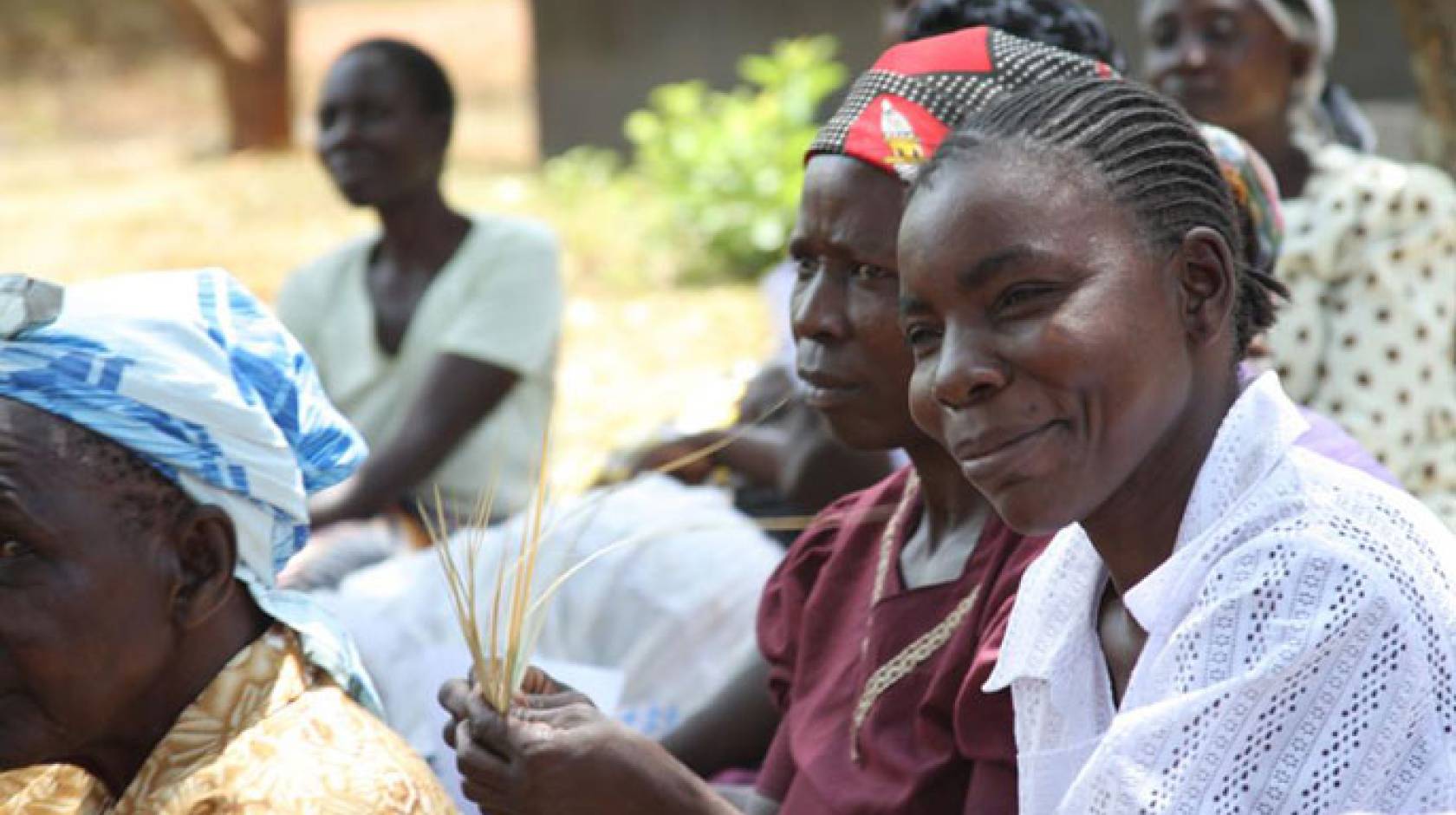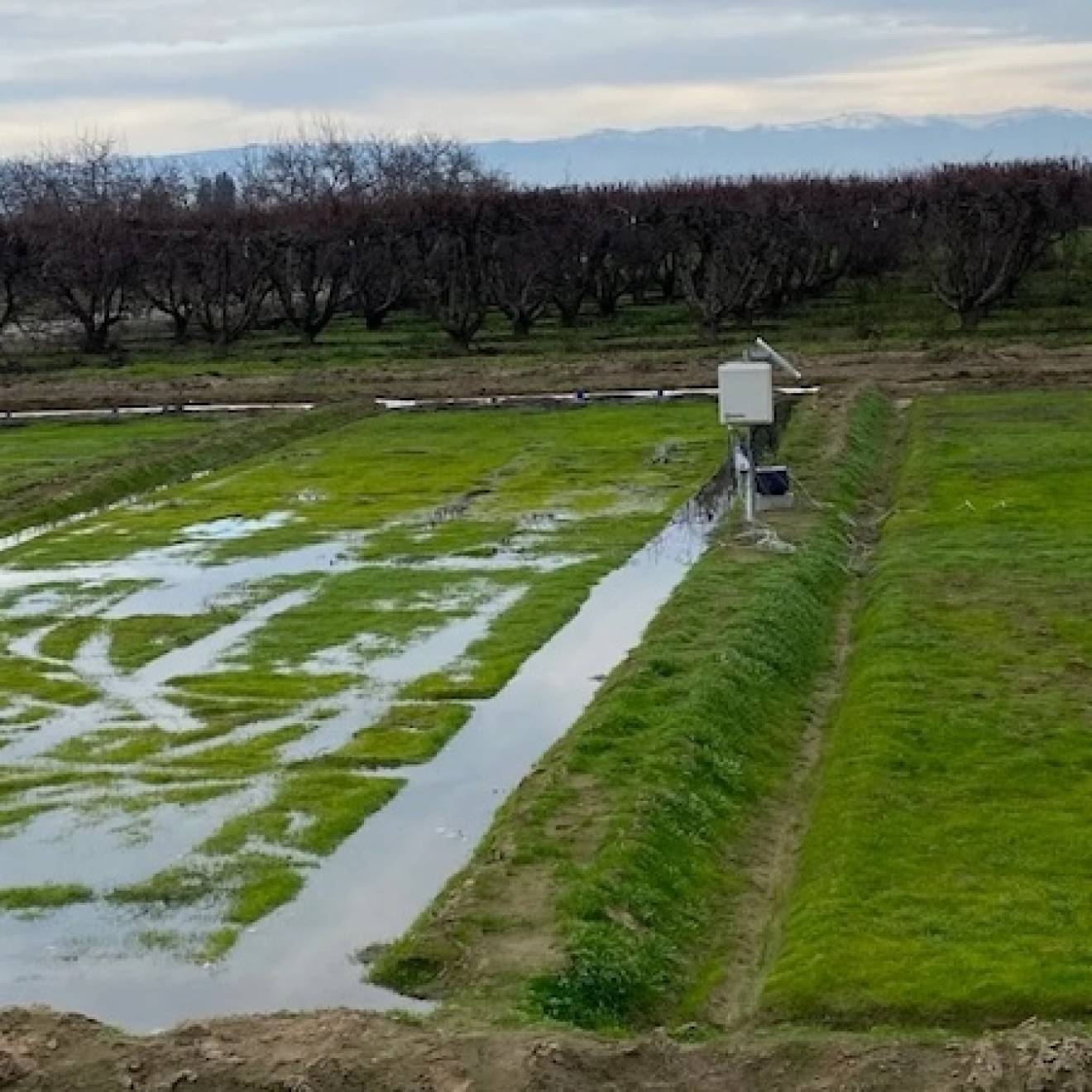Alex Russell, UC Davis

The University of California, Davis, will lead a new global research program to build and test ways to overcome some of the biggest remaining challenges for lifting and keeping rural families out of poverty in developing countries.
The Feed the Future Innovation Lab for Markets, Risk and Resilience, or MRR, established with a five-year USAID grant of up to $30 million, will study the root causes of poverty and food insecurity with an emphasis on risk from disasters like drought, flood or conflict. The research will help U.S. investments in development to have a lasting impact despite these recurring risks.
“As global development efforts continue to improve, we still see humanitarian disasters that strip rural families and communities of hard-won gains,” said Michael Carter, director of the MRR Innovation Lab and professor of agricultural and resource economics at UC Davis. “We will provide needed evidence on how to accelerate those gains and to ensure they stick.”
Focus on resilience for rural families
Research from emerging economies has shown that disasters like drought, flood or war are leading drivers of poverty. The risk of these disasters also keeps families poor by discouraging them from investing in profitable crops or businesses. These challenges are incredibly difficult to overcome.
“The MRR Innovation Lab will test new and promising ways to take agricultural and financial innovations from the lab to the field,” said Tara Chiu, associate director of the MRR Innovation Lab. “Every family should have the ability to take control of their future.”
The MRR team at UC Davis will manage a portfolio of innovative projects that field-test potential solutions to the complex challenges of rural poverty and risk. The result will be scalable programs and proven approaches that national governments and development agencies like USAID can use to keep more families from falling into poverty while building a ladder up for families who are already poor.
This approach to development focuses on building resilience — the ability of people and systems to mitigate, adapt to and recover from shocks and stresses. Resilience has recently been made a primary focus within USAID and is central to the agency’s recent reorganization. This approach brings value to the U.S., both through innovations that make their way back to U.S. farms as well as by reducing the need for long-term spending on foreign aid.
“USAID's investment in this new Feed the Future Innovation Lab will expand our ability to work with communities and countries that face the greatest risks in today's dynamic world,” said Gregory Collins, deputy assistant administrator in the USAID Bureau for Food Security and USAID Resilience Coordinator. “By drawing on the innovation and research expertise at UC Davis, this lab will accelerate opportunities for people in vulnerable, crisis-prone areas of the world and enable many more families to escape the grip of hunger and poverty for good.”
Expanding global research and impact
UC Davis consistently tops worldwide university rankings in agriculture. The MRR Innovation Lab will join a number of research programs at UC Davis with a global focus on agriculture.
“The MRR Innovation Lab expands the university’s efforts to improve people’s lives through agriculture,” said Helene Dillard, dean of the College of Agricultural and Environmental Sciences. “Carter and his global team of researchers and partners embody the collaborative spirit of engagement at UC Davis and will lay the foundation for greater access and opportunity for all communities.”
The MRR Innovation Lab will build upon the work of the 2012-2018 Assets and Market Access Innovation Lab at UC Davis, which Carter also directed. The AMA Innovation Lab generated significant advancements in index insurance for small-scale farmers and market-based programs to reduce chronic poverty and improve food security. For its work with index insurance in northern Kenya, the AMA Innovation Lab was awarded the 2016 BIFAD Award for Scientific Excellence in a Feed the Future Innovation Lab.
Feed the Future, the U.S. government’s global hunger and food security initiative, is coordinated by USAID. USAID administers the U.S. foreign assistance program providing economic and humanitarian assistance in more than 80 countries worldwide. Feed the Future Innovation Labs draw on the expertise of top U.S. universities and global research institutions to advance solutions that reduce global hunger, poverty and undernutrition.
“We have an opportunity right now to build toward a new Green Revolution,” said Carter. “Our new Innovation Lab will join a global community of researchers, governments and private sector partners all working diligently to find better ways to promote prosperity and resilience for all families.”

